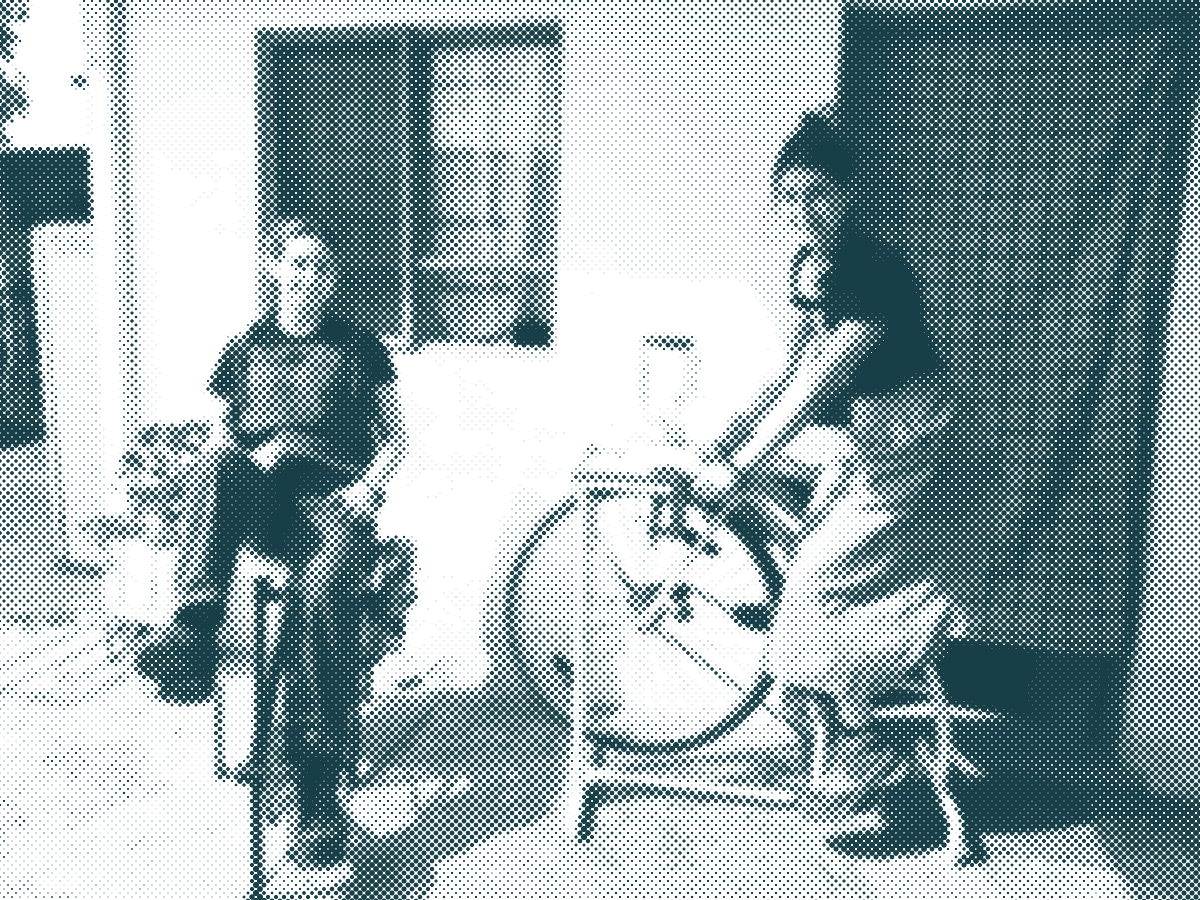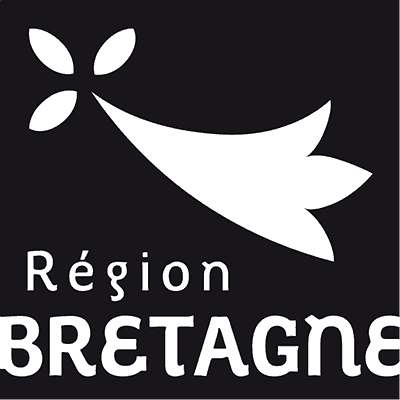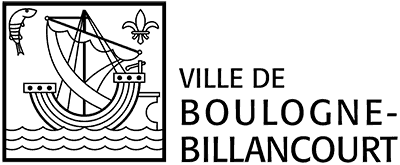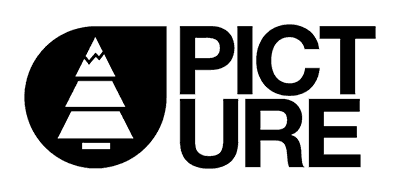Low-tech around the world
Based on the colllaborative low-tech database, discover a datavisualisation of low-tech initiatives around the world.
For us at the Low-tech Lab, a low-tech includes objects, systems, techniques, services, know-hows, practises, behaviours and even ways of thinking that use technique and technology according to three principles:
A low-tech meets the needs that are essential to an individual or community. It contributes to ways of living, producing and consuming that are sound and relevant for all in fields as varied as energy, food, water, waste management, materials, housing, transport, communication, hygiene and even health. By encouraging us to go back to basics, our actions become meaningful.
A low-tech must be one that as many people as possible can make their own – both technologically and financially. As such, you must be able to make it and/or repair it locally, so its functioning principles must be simple to understand and its costs adapted to a large part of the population. It encourages the population to be more independent on all levels, and value or work are more evenly distributed.
Eco-designed, resilient, sturdy, repairable, recyclable, agile, functional: a low-tech makes you think and optimise the environmental, social or societal impacts linked to using this technique, at all stages of its life cycle (from design, conception, production, use, end of life) even if it sometimes involves using less technique, and more sharing or collaboration!
To delve deeper into the subject, feel free to browse through the collaborative library, particularly the following resources (in French):

Based on the colllaborative low-tech database, discover a datavisualisation of low-tech initiatives around the world.
The resources shared here were selected by the Low-tech Lab. Feel free to share your own. The selection was made within a framework of objectivity, but is in no event exhaustive.
For several years now, the Low-tech Lab community has observed and collected low-tech initiatives: events, databases and maps, documentary resources… it’s all here.
We encourage you to use them, and above all, to contribute because their are collaborative and open to all !



